Private hospital doctors in Maharashtra staged a 24-hour protest against a state order allowing homeopaths with a short course to prescribe allopathic medicines.
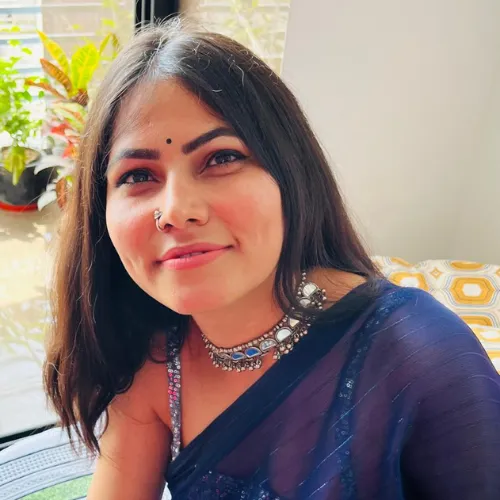 Ritika Singh
Ritika Singh

MUMBAI, INDIA — A long-simmering conflict between practitioners of modern medicine (allopathy) and homeopathy in Maharashtra escalated this week, culminating in a 24-hour protest by thousands of doctors from private hospitals, clinics, and nursing homes across the state. The widespread agitation on July 11, 2025, was a strong condemnation of the Maharashtra Medical Council's (MMC) controversial decision to register homeopathic doctors who have completed a short Certificate Course in Modern Pharmacology (CCMP), thereby enabling them to prescribe allopathic medicines.
The core of the dispute lies in the allopathic community's staunch opposition to what they term "mixopathy" – the blending of different medical systems without comprehensive, rigorous training. The Indian Medical Association (IMA) Maharashtra, along with various other medical associations and resident doctors' bodies like Central MARD, spearheaded the protest, arguing that a six-month or one-year CCMP course cannot be equated with the extensive five-and-a-half-year MBBS curriculum and subsequent clinical training required for modern medicine practitioners.
Dr. Rajesh Sawarbandhe, president of IMA Nagpur, articulated the allopathic doctors' concerns: "This is not merely a professional issue; it's a question of public health and patient safety. Equating a short-term CCMP course to MBBS is not only absurd but dangerous." Doctors warned that allowing cross-practice could lead to misdiagnosis, adverse drug interactions, and increased risks of medical errors, ultimately jeopardizing patient safety and eroding public trust in the healthcare system.
The controversy was ignited after the Maharashtra Medical Council issued a notification permitting homeopathic practitioners with the CCMP qualification to register as modern medicine practitioners. Over 9,000 Bachelor of Homeopathic Medicine and Surgery (BHMS)-qualified doctors have reportedly completed this course, which was introduced via an amendment in 2014 but has only recently seen a push for large-scale registrations.
While emergency and life-saving services, including ICUs and casualty departments, remained operational, the 24-hour shutdown significantly impacted routine outpatient departments (OPDs) in private hospitals, non-emergency surgeries, and services at private clinics. Patients were advised to postpone routine check-ups, causing considerable inconvenience.
Conversely, homeopathic associations, such as the Homeopathic Integrated Medical Practitioners Association of Maharashtra (HIMPAM), defended the MMC's decision. Dr. Subhash Raut, president of HIMPAM Nagpur, argued that the CCMP course provides sufficient training and that many homeopathic doctors already serve as Resident Medical Officers (RMOs) in modern medicine hospitals. "If you're okay with RMOs being homeopaths, why deny them MMC registration to practice modern medicine?" Dr. Raut questioned, asserting that their training and a separate register for CCMP-qualified homeopaths justify their right to prescribe allopathic drugs. They also argue that this move could help address the shortage of doctors, especially in rural and underserved areas.
Following intense pressure and the widespread protest, Maharashtra Chief Minister Devendra Fadnavis intervened. In a late-night development, the IMA Maharashtra announced that the Chief Minister had assured them of an urgent review meeting and a re-evaluation of the contentious notification. The Maharashtra government subsequently announced the formation of a seven-member special committee to thoroughly study the matter and provide recommendations within two months, and the MMC temporarily withdrew its June 30 notification.
Despite this temporary truce, tensions remain high. The standoff highlights the broader national debate on "mixopathy" and the integration of different medical systems in India, a contentious issue that pits the principles of evidence-based modern medicine against traditional practices and the perceived need to address healthcare access gaps. The outcome of the committee's review will be closely watched by the entire medical fraternity and could set a significant precedent for healthcare policy in India.
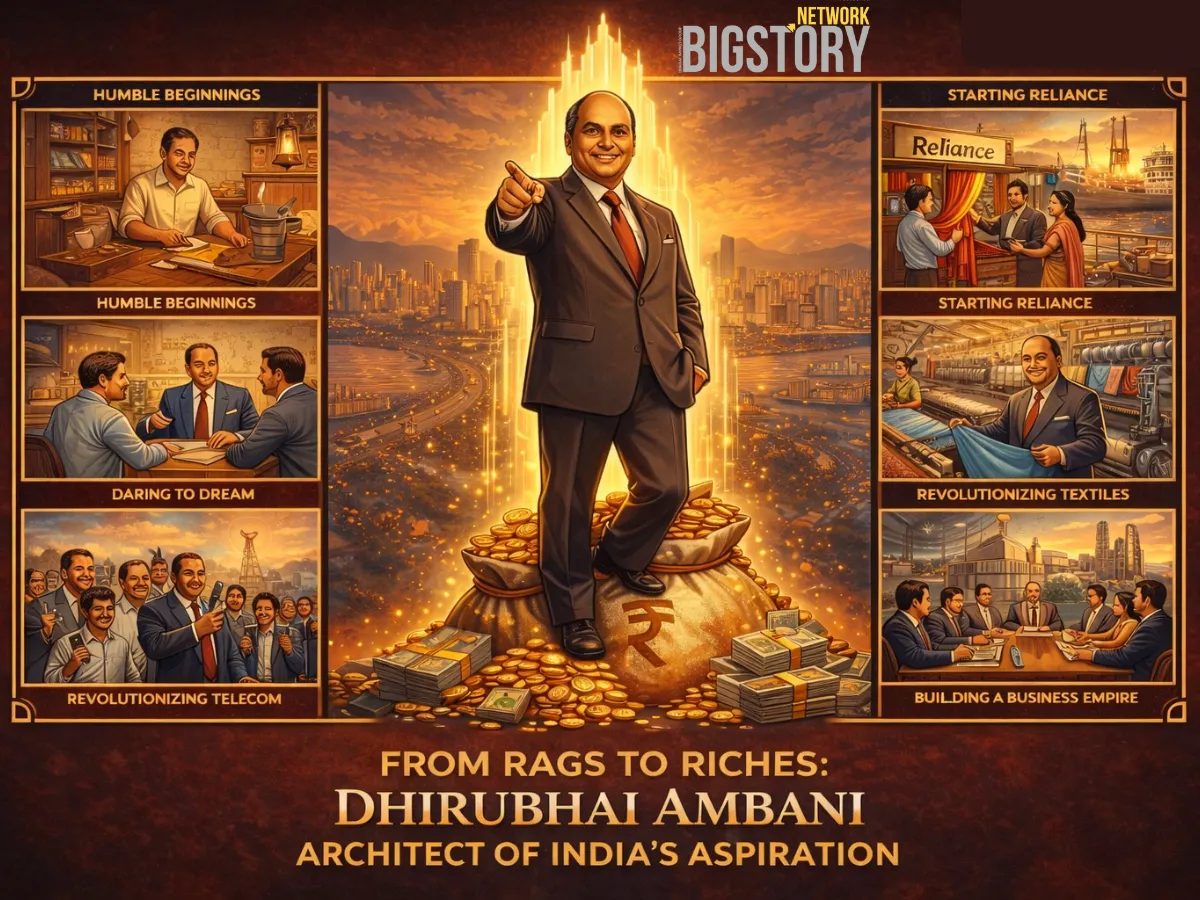
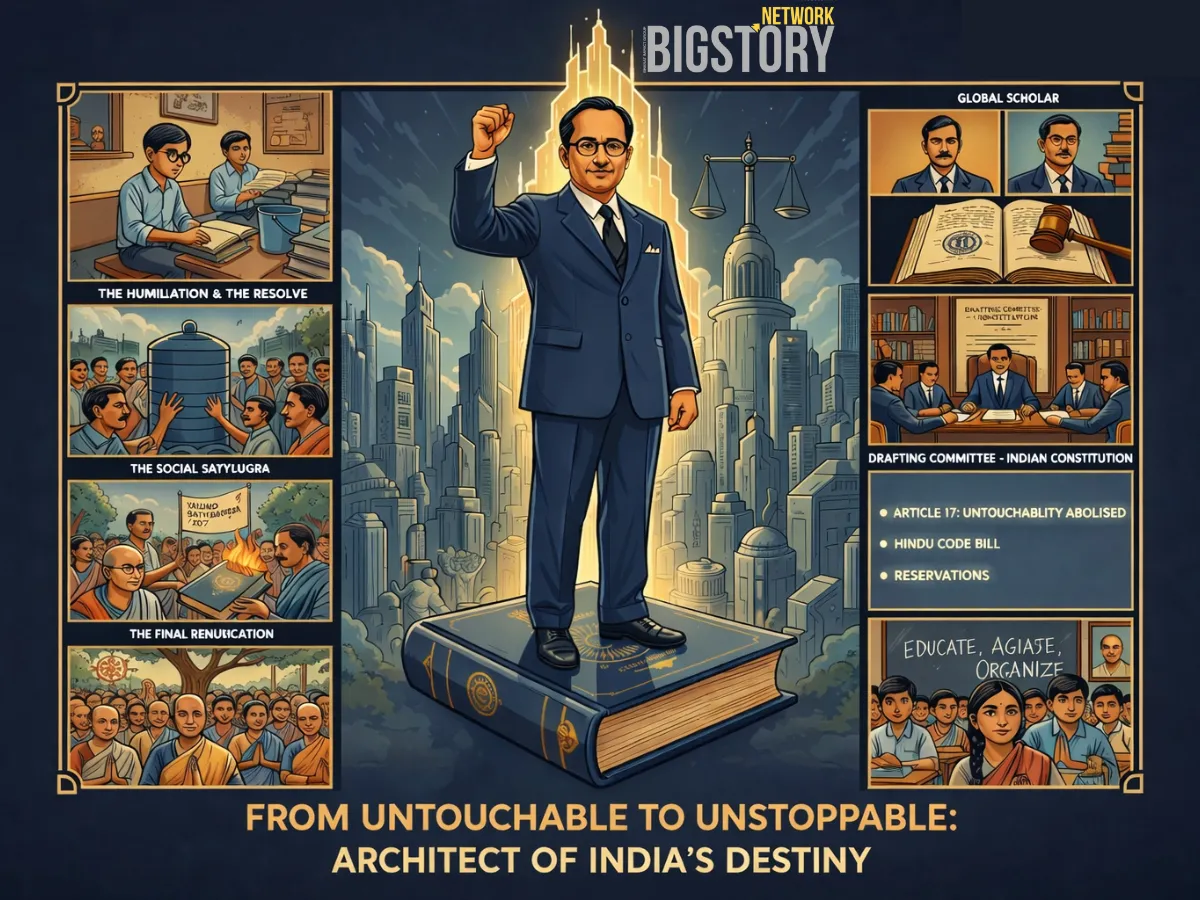
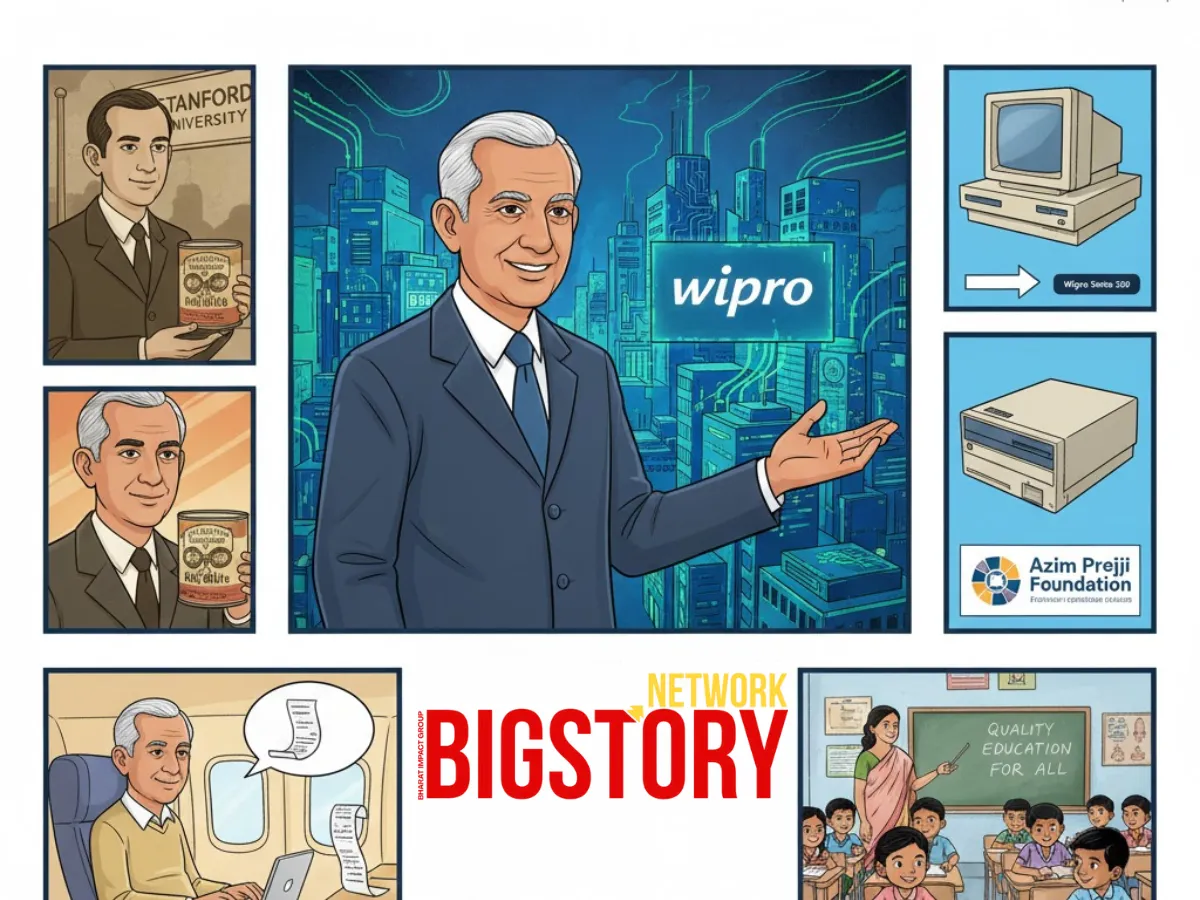

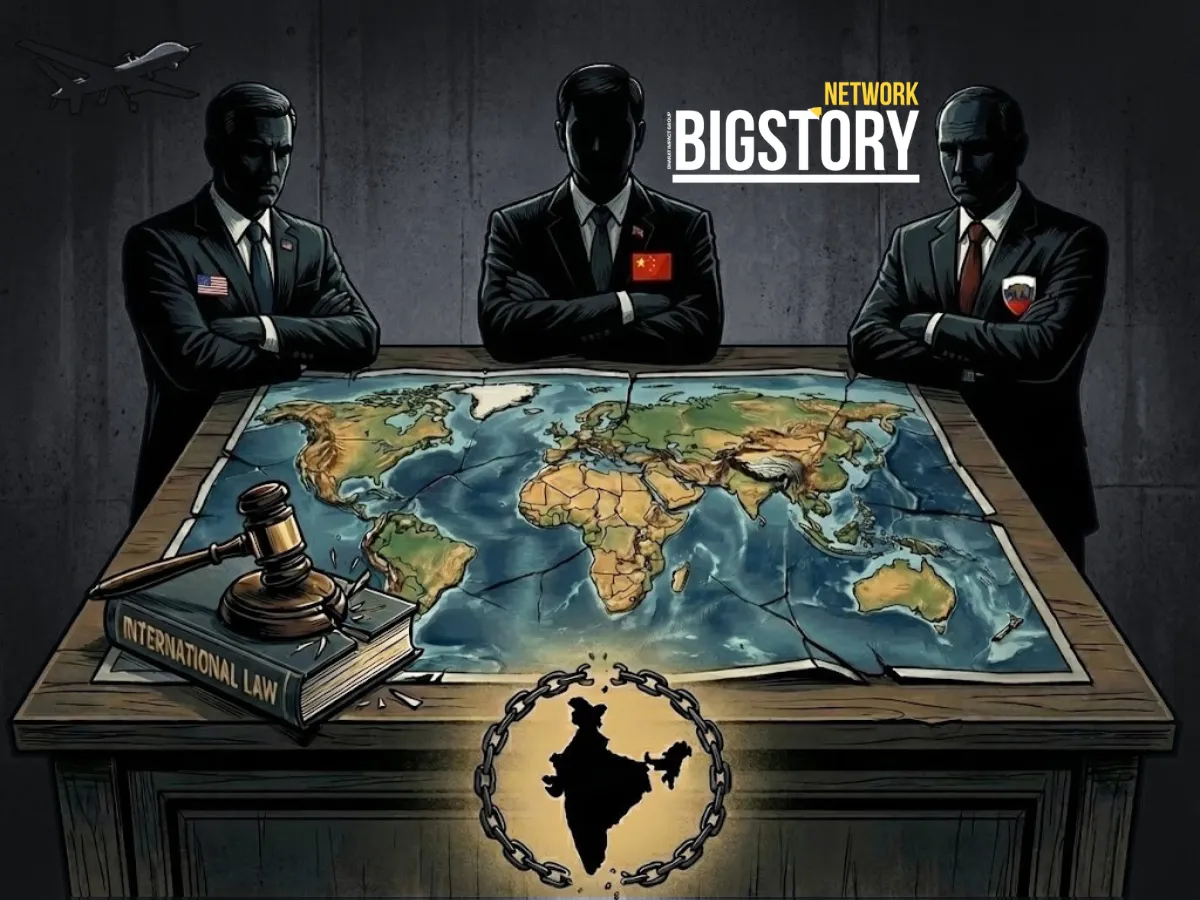
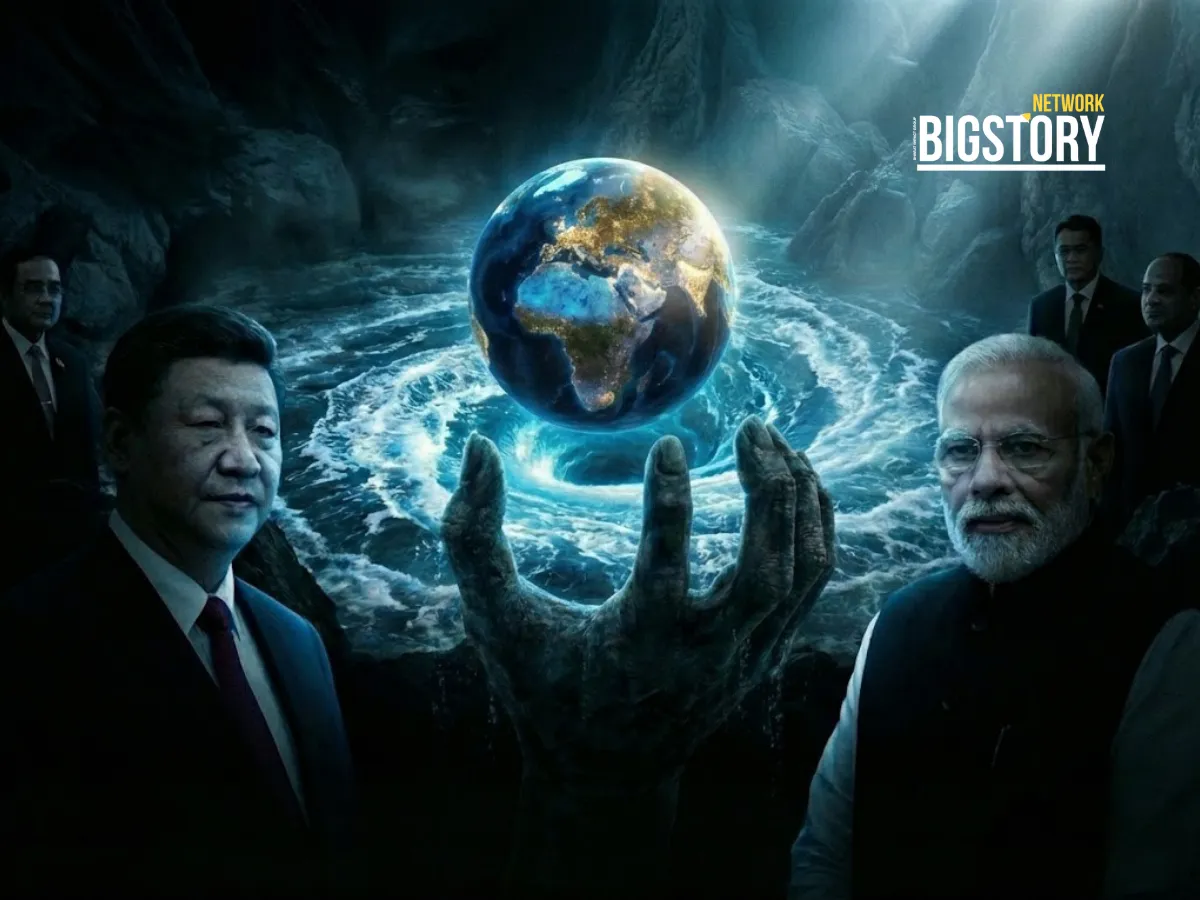
Sign up for the Daily newsletter to get your biggest stories, handpicked for you each day.
 Trending Now! in last 24hrs
Trending Now! in last 24hrs